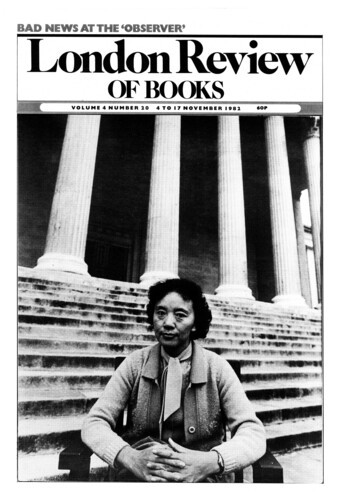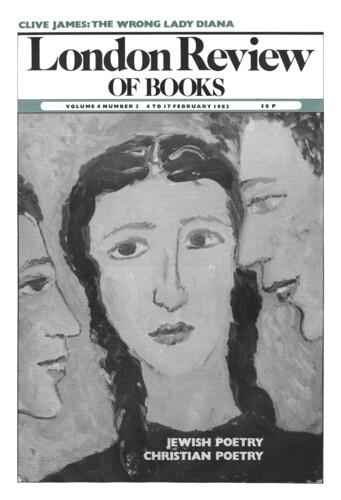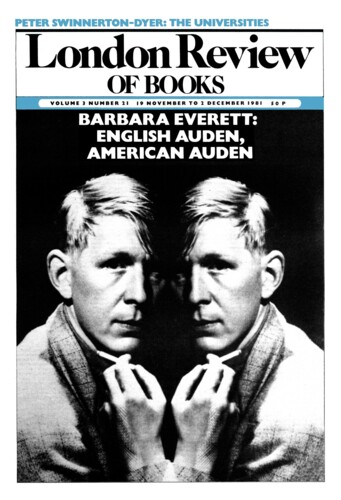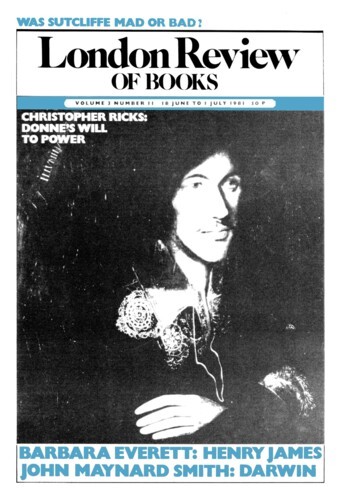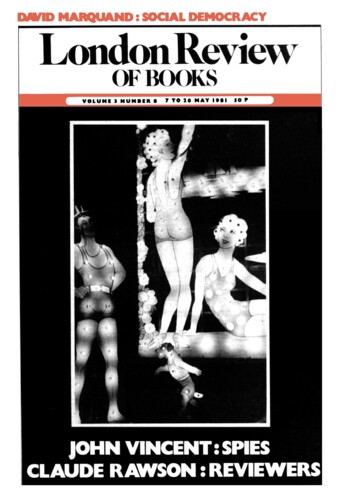‘Water-Music’ makes in itself a fine concept, through the delicate difference of its components, water being transparent though sometimes audible, music being always audible and always transparent; together they would make a good Symbolist image for religious art, if only Symbolism had believed in religion. But the thing the concept is based on is not now experienced much in reality. Or, if it is experienced, it hardly lives up to the concept: madrigals I heard once on the river at Oxford by night involved merely damp, and mosquitoes, and an occasion all innocent pretentiousness. And yet a good many people feel, and are surely right to go on feeling, that they know all about water-music, simply because of Handel. It is surprising how much of ordinary life turns out to be purely conceptual like this – in modern society, at any rate; and modernity probably started with the making of the Lascaux cave-paintings, themselves a kind of visual water-music. We think we know things, when what we really know is the inside of the head, and live by theories untested for generations and even for centuries. The realists tend to be, not the extroverts and pragmatists, who are merely good at converting other people to their fantasies, but a few experts in consciousness who have got to know the hard way where the limits of their theories lie.
‘Water-Music’ makes in itself a fine concept, through the delicate difference of its components, water being transparent though sometimes audible, music being always audible and...
